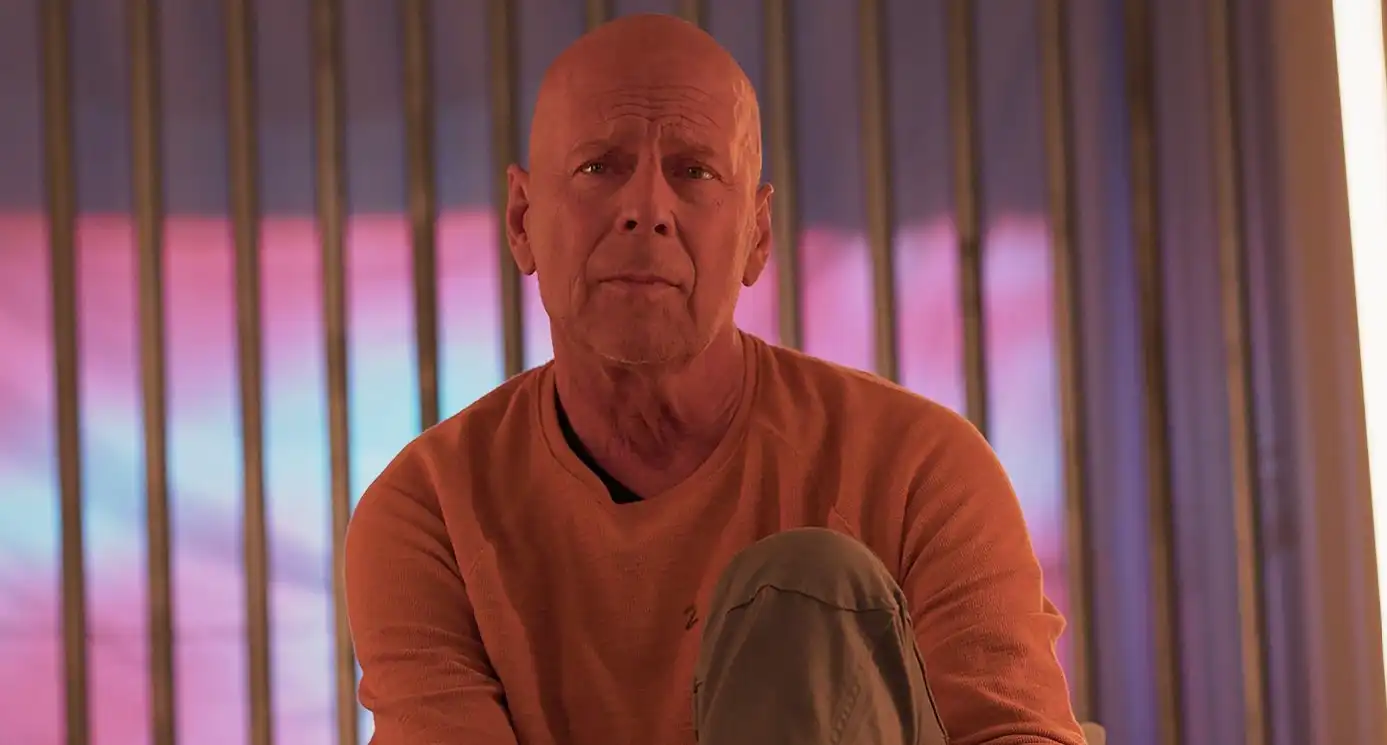When Nolan Traded Mind-Benders for History: The Epic Journeys of Dunkirk and Oppenheimer
Muhe - Saturday, 02 August 2025 | 07:00 AM (WIB)


Dunkirk: An Unforgettable Experience, Not Just a Story
Let's rewind a bit to 2017, when Dunkirk landed like a beautifully crafted, intensely urgent punch to the gut. This wasn't your typical war movie. There were no grand monologues about patriotism, no slow-motion hero shots, and very little in the way of character backstory. Instead, Nolan stripped it all back, creating an almost purely experiential film. He famously said he wanted to make a "survival story" rather than a war film, and he absolutely delivered.Imagine standing on that beach, surrounded by hundreds of thousands of desperate soldiers, with enemy planes circling overhead and the ominous tide creeping in. That’s what Dunkirk felt like. Nolan fragmented the narrative into three interwoven timelines – one week on the mole, one day on the sea, and one hour in the air – each ticking along at its own pace, converging in a crescendo of raw anxiety. This wasn't just a stylistic choice; it mirrored the disorienting, terrifying chaos of the actual evacuation. You weren’t just watching; you were living it, feeling the sand under your boots, the spray of the water, the sheer terror of waiting for rescue that might never come. It was bold, it was audacious, and it completely redefined what a historical epic could be, focusing on collective human desperation rather than individual heroism.He pulled this off by making sound a character in itself – the relentless ticking score by Hans Zimmer, the terrifying drone of a Stuka bomber, the distant rumble of shelling. Every element conspired to create a visceral, almost unbearable tension. For a director often accused of being cold or intellectual, Dunkirk was a surprisingly emotional, gut-wrenching experience, proving he could tug at heartstrings even without pages of dialogue.Oppenheimer: Diving Deep into the Architect of Annihilation
If Dunkirk was an exercise in collective survival, Oppenheimer, released in 2023, was a sprawling, intensely personal journey into the mind of one of history’s most complex figures. This was a whole different beast. Here, Nolan wasn't just capturing the essence of an event; he was dissecting a man, his brilliance, his flaws, and the seismic moral earthquake he unleashed upon the world. And again, he did it in a way only he could.The film doesn't just present facts; it plunges you into the swirling currents of Oppenheimer's psyche, using a non-linear structure that jumps between the black-and-white, almost accusatory testimony of the security hearing and the vibrant, kaleidoscopic memories of the man himself. We witness the birth of the atomic age, not as a dry historical account, but as a thrilling, terrifying intellectual race against time. Nolan, ever the fan of practical effects, famously recreated the Trinity test explosion without CGI, making that horrifying climax feel incredibly real and impactful. The silence that follows is deafening, leaving you utterly shaken.But beyond the spectacle, Oppenheimer shines in its intricate character work and the relentless pace of its dialogue, often feeling more like a legal thriller or a political drama than a traditional biopic. It explores the profound moral ambiguities, the clash of egos, the crushing weight of responsibility, and the messy politics behind one of humanity's most transformative and destructive inventions. It asks us to grapple with the *why* of it all, not just the *what*. Cillian Murphy's portrayal of Oppenheimer is nothing short of mesmerizing, allowing us to see the genius and the tortured soul beneath the fedora.Nolan's Signature: Weaving Magic into Reality
What links these two seemingly disparate historical epics? It's Nolan’s unwavering commitment to cinematic immersion and his distinct narrative voice. Both films leverage time as a storytelling tool, not just a linear progression. In Dunkirk, it's about converging timelines to amplify tension. In Oppenheimer, it's about juxtaposing past and present to illuminate character and consequence. He trusts his audience to keep up, offering puzzles and layers even within true stories.Then there's the sound design – a character in itself. The relentless ticking in Dunkirk, the resonant thrum of the atom in Oppenheimer, and Hans Zimmer’s evocative scores in both. These elements don't just accompany the visuals; they amplify the emotional and psychological impact, pulling you deeper into the world he's crafted.And let’s not forget his dedication to large-format IMAX filmmaking and practical effects. This isn't about making things look "real" in a mundane sense; it's about creating a tangible, almost tactile world that grounds even the most extraordinary events. You feel the grit of the sand, the chill of the water, the intense heat of the desert, making the history feel immediate and profoundly human.In a world often saturated with straightforward historical dramas, Nolan's approach is a breath of fresh air. He doesn't just recount history; he reinvents the experience of it. He takes monumental events and the people caught within them, and through his unique lens, transforms them into gripping, thought-provoking cinematic journeys that stick with you long after the credits roll. He proved that his signature style, far from being confined to fantastical realms, can elevate true stories into something truly monumental. And honestly, we’re all better for it.
Sabrina Carpenter: The Unseen Layers Beneath the Pop Princess Crown
6 months ago

Avril Lavigne Back in the Limelight: High-Profile Collaborations, World Tours, and Conspiracy Rumors
6 months ago

Taylor Swift Breaks Instagram Record on Engagement Post
6 months ago

Anne Hathaway in the Spotlight During the Filming of The Devil Wears Prada 2
6 months ago

Bruce Willis and His Family's Dementia Struggle
6 months ago

The Engagement Watch: Why Taylor Swift and Travis Kelce Are Keeping Us All on the Edge of Our Seats
6 months ago

BTS Shines Again: Reunion, Return, and Recent Activities
6 months ago

Game On, Love Story: How Travis Kelce and Taylor Swift Rewrote the Playbook for Sports and Entertainment
6 months ago

Taylor Swift and Travis Kelce Engaged: A Love Story in the Spotlight
6 months ago

Idol Star Athletics Championships (ISAC) 2025: Viral Moments, Controversy, and Excitement in the Idol Arena
6 months ago
